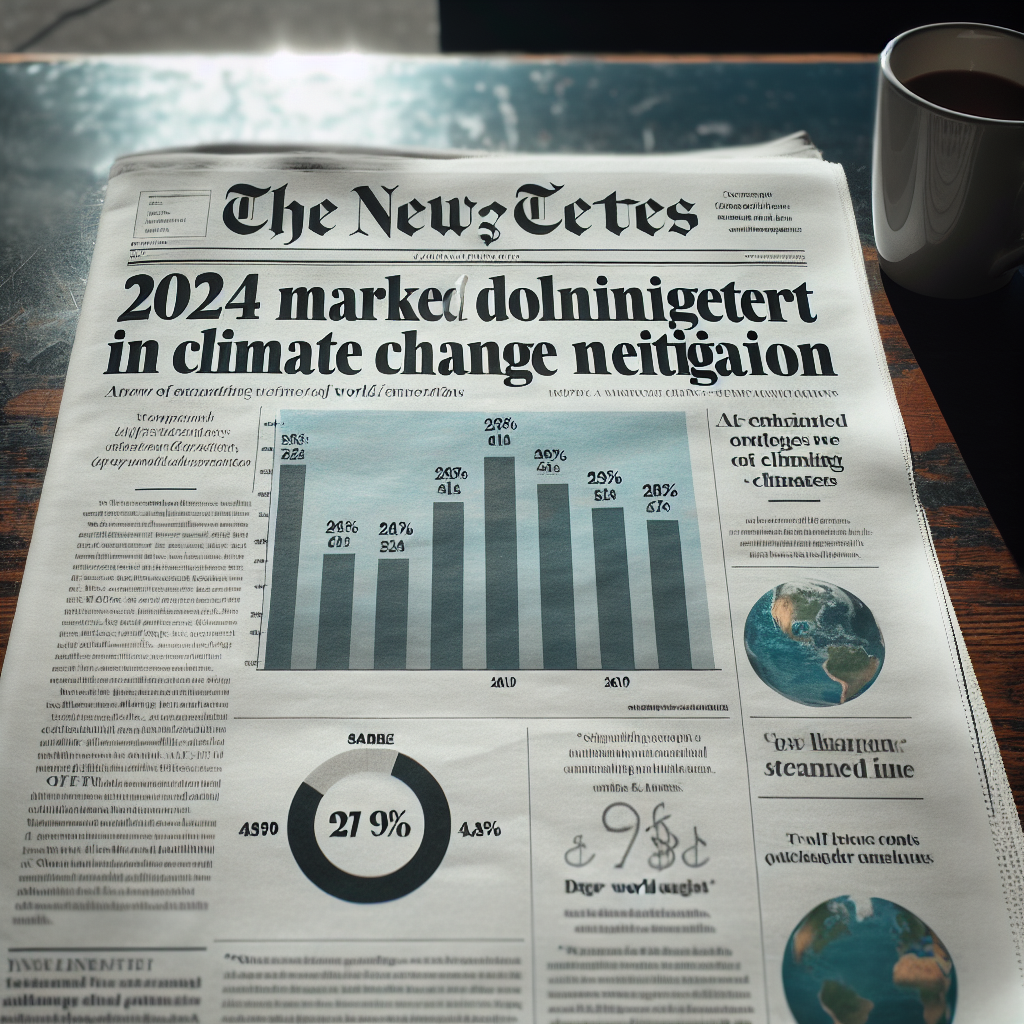The French territory of Mayotte in the Indian Ocean was hit by a category 4 cyclone this weekend, causing widespread devastation and fatalities. The storm, described as “apocalyptic” and “catastrophic” by witnesses, left the capital in ruins and unrecognizable to its residents.
The death toll from the storm is estimated to be in the hundreds to thousands, prompting international condolences and calls for increased efforts to adapt to climate change. However, the question remains: what about efforts to mitigate against global warming?
In the United States alone, there have been 24 climate-related disasters with losses exceeding a billion dollars this year. This highlights the urgent need for action to address the root causes of climate change.
To discuss this issue, host Robin Young speaks with New York Times science and climate writer David Wallace-Wells, author of the best-selling book “The Uninhabitable Earth.” In his book, Wallace-Wells delves into the potential future without climate change mitigation and the dire consequences it could bring.
The devastation in Mayotte serves as a stark reminder of the urgent need for global action to address climate change. As the world continues to experience more frequent and severe weather events, it is crucial that governments and individuals take steps to reduce carbon emissions and mitigate the effects of climate change. Failure to do so could result in even more catastrophic events in the future.

